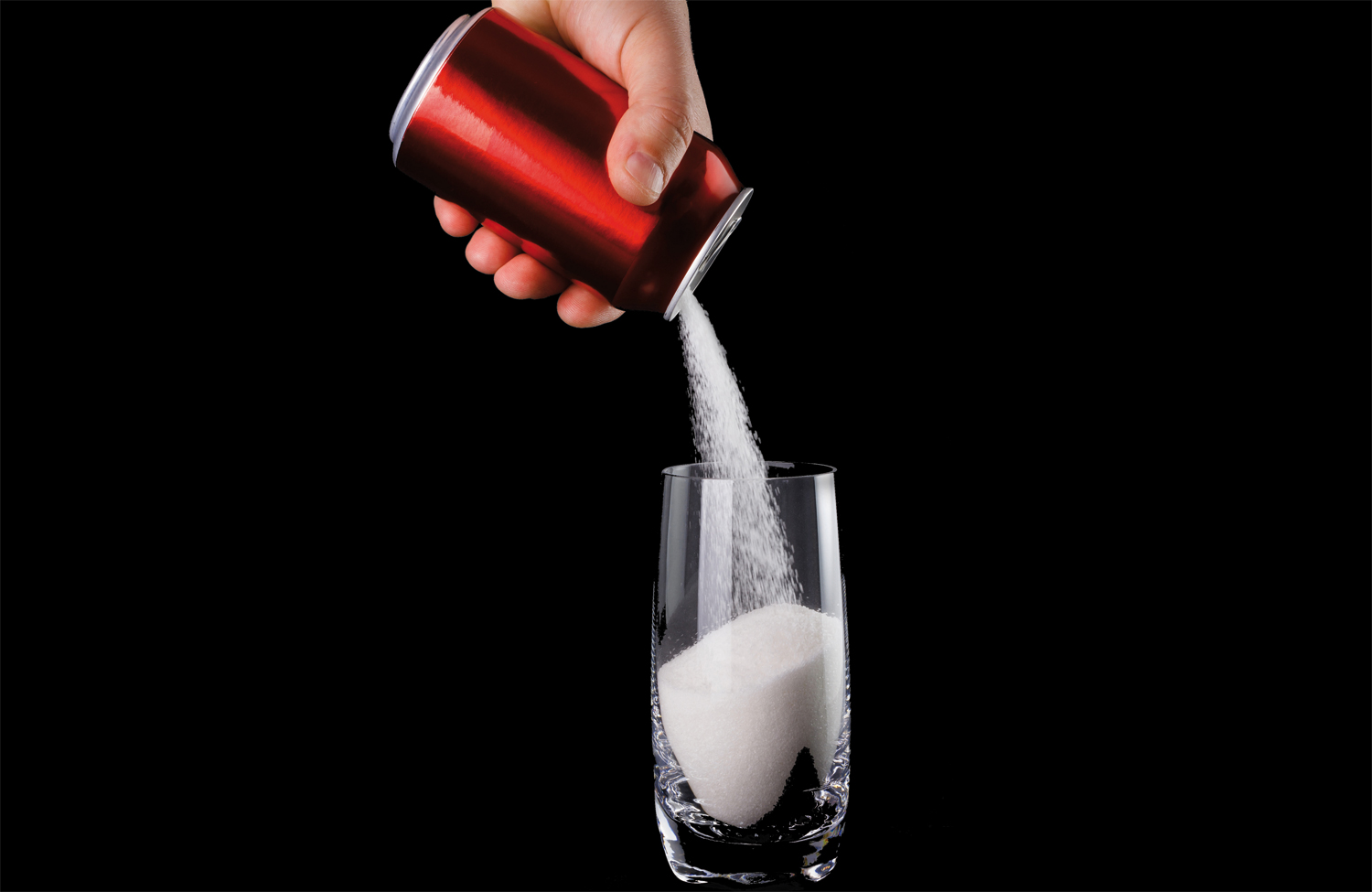

MUSCAT, Jan 20 - Obesity rates are soaring, with ‘added sugar’, especially from sugar-sweetened beverages, thought to be one of the main culprits. In addition, a significant uptick in diabetes and heart disease trends in the Omani population has brought into sharp focus the danger of ‘added sugar’ in our diets. Many people have realised that added sugar is something that they can live without and they have adjusted their food diets accordingly.
Good results
The Observer quizzed a number of people who said they were removing foodstuff and beverages that had ‘added sugar’ from their diets. All of them affirmed that they were pleased with the results. Zaher al Ismaili said it’s been long time since he began cutting out sugar from his diet. “I eat freely and abundantly. In place of sugar, I use some fat as a substitute, and I don’t feel like I’m missing out on the sugary stuff.”
Swapping
First, he ditched the sweetened beverages, chocolate and cake. “Next, I tackled the complex carbohydrates, like breads, pastas and rice, as well as other foods that have hidden sugars. Dressings, sauces and condiments seem to merely add some flavour to food, but they often add sugars that can work against your goals.”
Badr, another health conscious Omani, said: “I swapped sugary foods for fat and protein-packed stuff that take longer to digest. This helped me maintain my energy levels.
By stabilising my blood sugar, I also experienced an unexpected (but welcome) improvement in mental clarity. It didn’t take long for me to feel more focused, clear-headed and, as a result, productive in my day-to-day activities.” Dr Lamya al Waeli, a doctor of family medicine, said that added sugar is very harmful and can be found even in the most unexpected products. “The fast rhythm of life has forced people to rely on quick, processed foods for meals and snacks. Since these products often contain added sugar, it makes up a large proportion of their daily calorie intake,” she said. “Simply focusing on eating whole, unprocessed foods automatically decreases the amount of sugar in your diet,” said the physician.
“The natural sugar, found in fruits and vegetables for example, come packaged with good vitamins, minerals, fiber, and other nutrients. But if you can reduce your intake of added sugar, you’ll start to rack up some amazing health benefits,” she stressed. As a family doctor, Dr Lamya has seen the suffering of diabetics at first hand. Many children, she says, are also afflicted because of their excessive intake of sugar. The physician work extensively with families to raise their awareness on the dangers of diabetes and how sugar and other processed food are to blame. “A diet with lots of fast-digesting carbohydrates, like sugar, requires the pancreas to release lots of insulin, meal after meal, day after day,” she explains. “That excessive demand may overtax insulin-producing cells, causing them to malfunction, eventually leading to diabetes.”
Oman Observer is now on the WhatsApp channel. Click here



